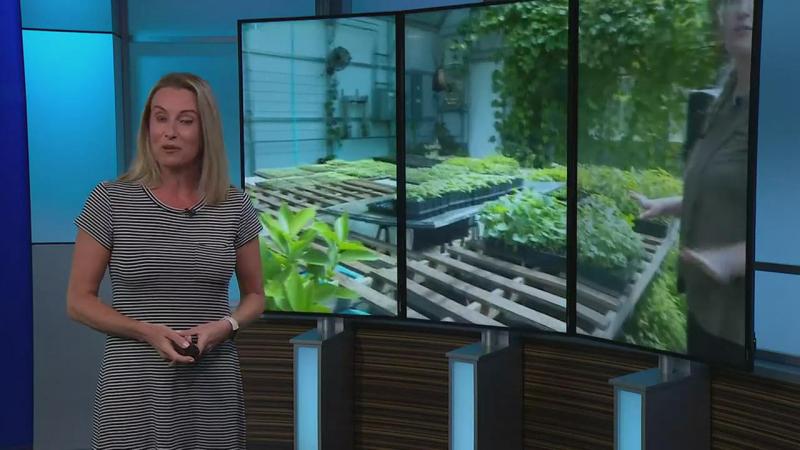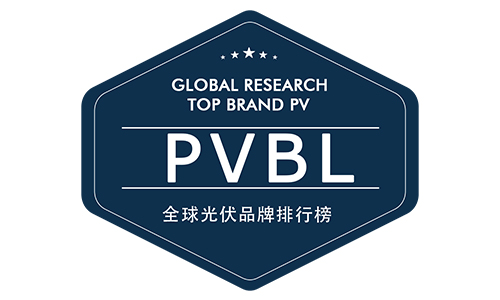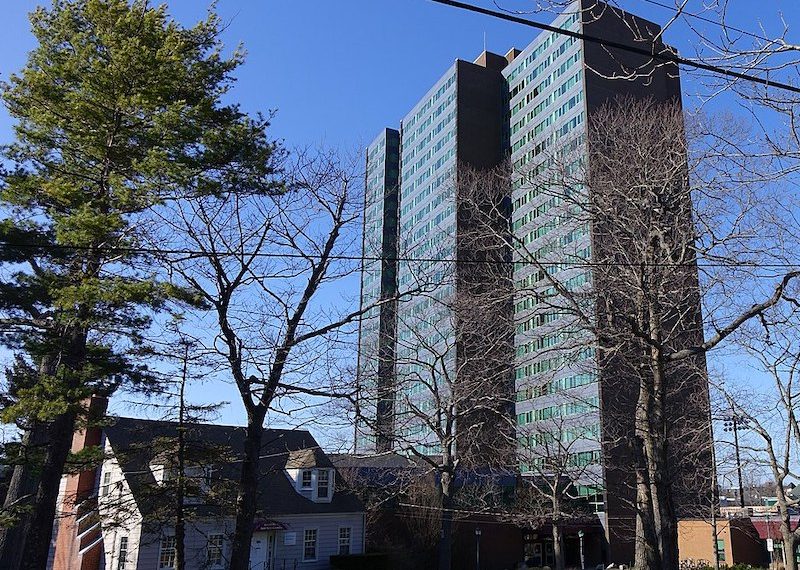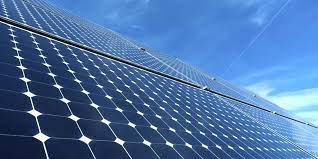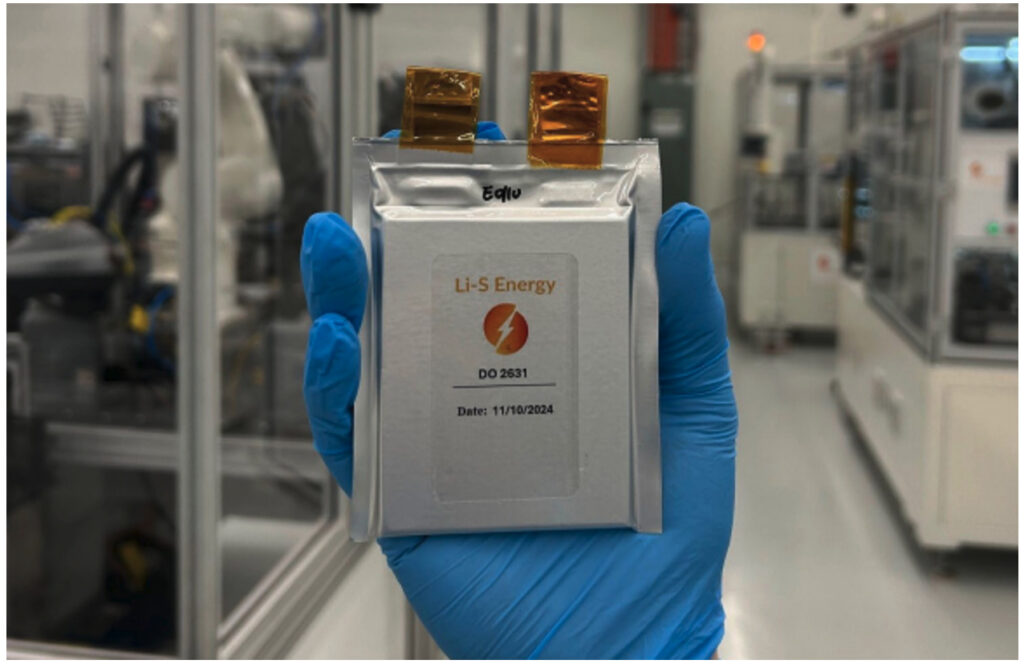
From its Phase 3 automated pouch cell production facility in Geelong Li-S Energy has achieved an industry leading close to 500Wh/kg lithium-sulfur cell performance
The development brings Li-S Energy even closer to commercialising its unique tech
Special Report: Li-S Energy shares are up more than 58% today after announcing a globally significant breakthrough for its unique lithium sulfur cell chemistry.
The latest substantial improvement in the performance of its battery technology brings the company even closer to commercialising its tech as it targets the rapidly growing drones, defence and electric aviation markets where weight is critical.
For Li-S Energy’s (ASX:LIS) existing partners and target customers, the higher energy density means an even lighter battery, which further improves a drone’s potential range, its payload and operating/loiter time.
From its Phase 3 automated facility, Australia’s largest pouch cell production plant, LIS has now manufactured full size 10Ah semi-solid-state cells that deliver an energy density of 498Wh/kg on first discharge and an industry leading 456Wh/kg after formation cycling, with the cells continuing to cycle in ongoing testing.
Last month the company delivered test cells to the first of its key partners to validate the performance for aerospace battery packs integrating LIS cells and its newly developed intelligent battery management system (BMS).
Commenting on the impact for the drone and aerospace industries, Mark Xavier, CEO of LIS partner V-TOL Aerospace said: “V-TOL would like to congratulate LIS on this significant milestone achievement that has exceeded our expectations and initial requirements for our joint development of the Pegasus uncrewed air system.
“We anticipate cell performance at this level will generate substantial global interest and opportunity for LIS across the drone, aerospace and defence sectors.”
The cells delivering this performance incorporate the LIS GEN3 semi-solid-state cell chemistry breakthrough announced in April 2023. In that milestone LIS demonstrated its batteries could store the same amount of energy within almost half the size and the company has continued to enhance its tech since then.
LIS Chief Technology Officer Dr Steve Rowlands said the latest development was another important breakthrough for lithium sulfur cell chemistry.
“Reaching 456Wh/kg from 10Ah cells post formation places LIS at the global forefront of lithium sulfur performance,” he said.
“Many R&D institutions and battery start-ups test performance on coin cells or very small pouch cells and publish energy density results from the cell’s first discharge, which is always significantly higher than its practical performance in the field.
“At LIS we have taken a far more pragmatic and commercial approach, testing full size 10Ah and 20Ah pouch cells produced on our automated production line and reporting performance after formation cycling, which more faithfully represents the true cell performance when delivered to a customer.”
With the state of the art Phase 3 production line now commissioned and officially opened by Minister for Industry and Science Ed Husic, LIS R&D and engineering teams are working to further improve cell reliability, production accuracy and throughput. At the same time the company is working with current partners on BMS and battery pack design from the Geelong facility.
LIS CEO Dr Lee Finniear said the company’s partners in the aerospace, drone and defence industries had been clear that they need the highest possible energy density for their applications, plus reliable, high-quality cell production and a pathway to scale as demand grows.
“Our strategy has been to deliver to this requirement,” he said. “That includes building and commissioning Australia’s largest pouch cell production facility, which we refer to as Phase 3, which employs automated manufacturing processes that can scale to gigawatt hour production and beyond.
“Today’s results are an early vindication of this strategy, setting a new benchmark in lithium sulfur performance.
“The Phase 3 facility empowers our team to innovate at pace, being able to rapidly iterate cell design, material optimisation and production processes at scale.”
“Our partners appreciate not only our industry leading cell performance, but also our investment in the manufacturing infrastructure required to deliver the reliable, high quality cell production vital for their future success.
“Over the coming months we expect to sign up more partners and assist them to integrate our cell and BMS technologies into their applications.”
As well as being a major step forward for Li-S Energy, the latest development is a boost to Australia’s sovereign manufacturing capability, reducing supply chain risk in battery technology while providing a high value export opportunity.
